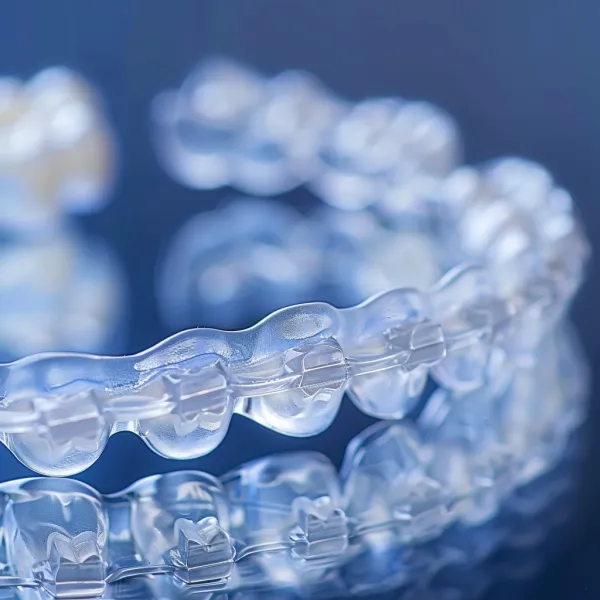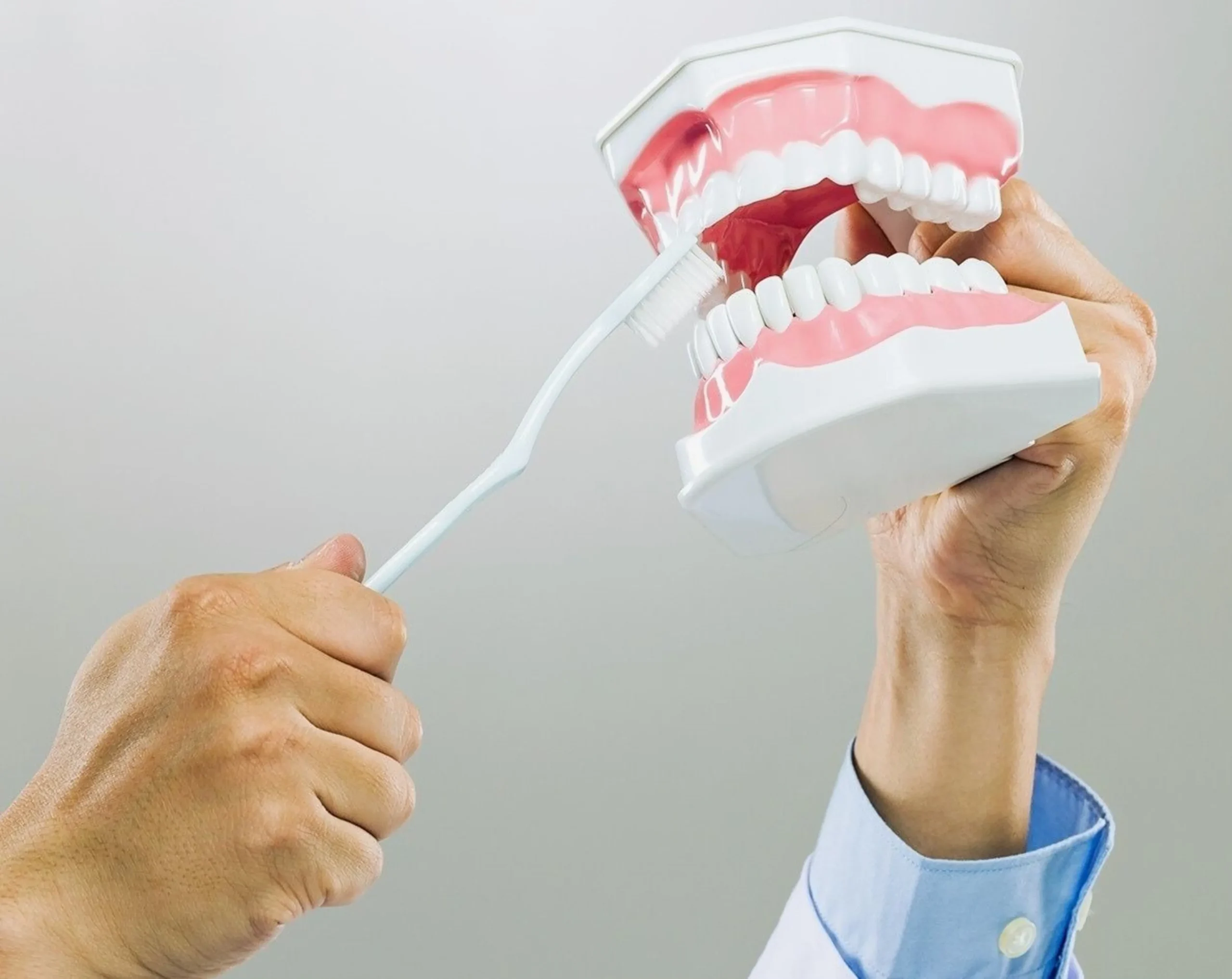Happiness and nostalgia are frequently induced by marshmallows. Marshmallows are a well-liked treat for many people, whether they’re roasted over a bonfire or melted into a cup of hot chocolate. However, for individuals with braces, the question arises: Can you indulge in these fluffy delights without causing harm to your orthodontic appliances? In this post, we will discuss the issue of eating marshmallows while wearing braces, as well as the restrictions of orthodontic treatment, common misconceptions, safe consumption standards, and alternatives for people wearing braces. Prepare for an insightful excursion into the world of braces and marshmallows by doing so.
Understanding Braces and Their Limitations
To fully comprehend the implications of consuming marshmallows with braces, it’s essential to understand what braces are and their purpose. Braces are orthodontic devices used to straighten teeth, correct misaligned teeth, and improve oral health. They are made up of brackets, wires, and bands that work in concert to gradually reposition teeth. However, braces are brittle and some foods can damage them. For orthodontic treatment to be successful and to maintain the structural integrity of the braces, rigorous dietary restrictions must be adhered to.
The Chewiness Factor: Marshmallows Unveiled
Marshmallows, those fluffy, pillowy confections, come in various shapes, sizes, and flavors. Their unique texture, which combines a soft exterior with a slightly chewy center, raises concerns for those with braces. Because the chewiness element may put strain on the brackets and wires, sometimes resulting in discomfort or even damage, it is very important. We can decide whether to include marshmallows in our diet by being informed about them and any possible problems when consuming them while wearing braces.
Debunking the Myth: Are Marshmallows Brace-Friendly?
There is a prevalent belief that marshmallows are a safe treat for individuals with braces due to their soft and melt-in-your-mouth consistency. Let’s however distinguish between fact and fantasy. Although marshmallows are soft, their stickiness and high sugar content make them dangerous for braces. The stickiness can leave residue on the braces, making proper oral hygiene more challenging and increasing the risk of cavities. Additionally, if marshmallow sugar levels are not adequately controlled, they may cause tooth decay. Orthodontists and dental professionals recommend exercising caution when indulging in marshmallows, as their brace-friendliness is not as straightforward as it may seem.
Moderation is Key: Guidelines for Eating Marshmallows with Braces
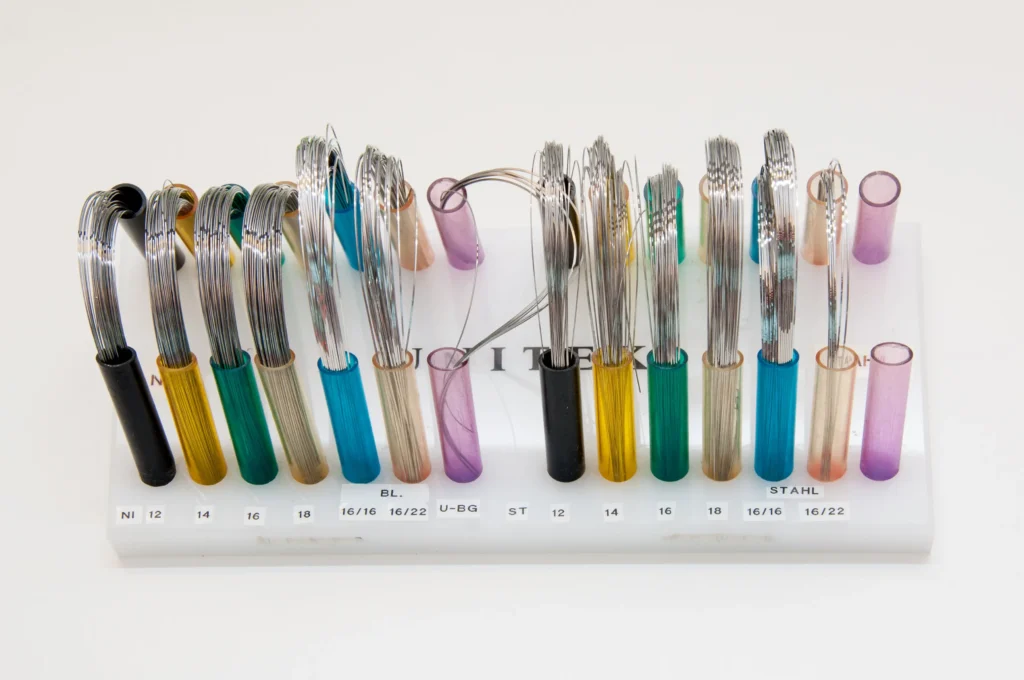
Although consuming marshmallows with braces requires caution, it doesn’t necessarily mean you have to eliminate them entirely from your diet. Moderation and adopting certain strategies can help mitigate potential risks. Here are some guidelines to consider:
- Choose marshmallows wisely: To prevent overstretching your braces, pick marshmallows that are smaller or have a softer substance.
- Cut them into smaller pieces: Reducing the size of marshmallows can minimize the pressure exerted on your braces while still allowing you to enjoy their flavor.
- Take your time: Chew slowly and mindfully, being mindful of any discomfort or pressure on your braces. Remember to avoid biting into marshmallows forcefully.
- Rinse or brush afterward: To remove any sticky residue and maintain proper dental hygiene, thoroughly brush your teeth or rinse your mouth with water after eating marshmallows.
- Follow your orthodontist’s advice: Each individual’s orthodontic treatment plan is unique. Consult your orthodontist for personalized recommendations regarding marshmallow consumption based on the progress of your treatment.
Alternative Treats for Marshmallow Lovers
If you find that the risks associated with marshmallows outweigh the benefits during your orthodontic treatment, fear not! Marshmallows are only one option among many that will satisfy your sweet taste without harming your braces. Consider the following braces-friendly options:
- Soft fruits: Indulge in naturally soft and juicy fruits like bananas, ripe peaches, or slices of melon.
- Yogurt: Enjoy a creamy and smooth yogurt parfait with fresh berries or a drizzle of honey.
- Pudding: Savor the velvety texture of pudding cups, available in various flavors, as a braces-safe dessert option.
- Ice cream: Delight in a scoop of soft-serve ice cream or gelato, but be cautious with any added crunchy or sticky toppings.
- Smoothies: Blend together a refreshing concoction of fruits, yogurt, and ice for a braces-friendly drinkable treat.
Real-Life Experiences: Stories from Braces-Wearers
To provide a firsthand perspective on the topic, let’s hear from individuals who have experienced life with braces and marshmallow cravings. Many braces-wearers have encountered challenges and discovered valuable lessons along the way. They have learned to navigate the limitations of their orthodontic treatment while still finding enjoyment in their favorite treats. Their experiences and counsel can provide insightful information for others in a like circumstance.
Are Marshmallows Safe to Eat with Spacers?
When ingesting spacers with marshmallows, it is essential to use caution. Marshmallows’ stickiness may cause the spacers to become loose or fall out, which would reduce how well they work to separate teeth. While spacers are in place, it is advised that you avoid eating marshmallows to guarantee the success of your orthodontic treatment. For more information on how to practice good dental hygiene during this period, speak with your orthodontist.
Understanding the Function of Spacers
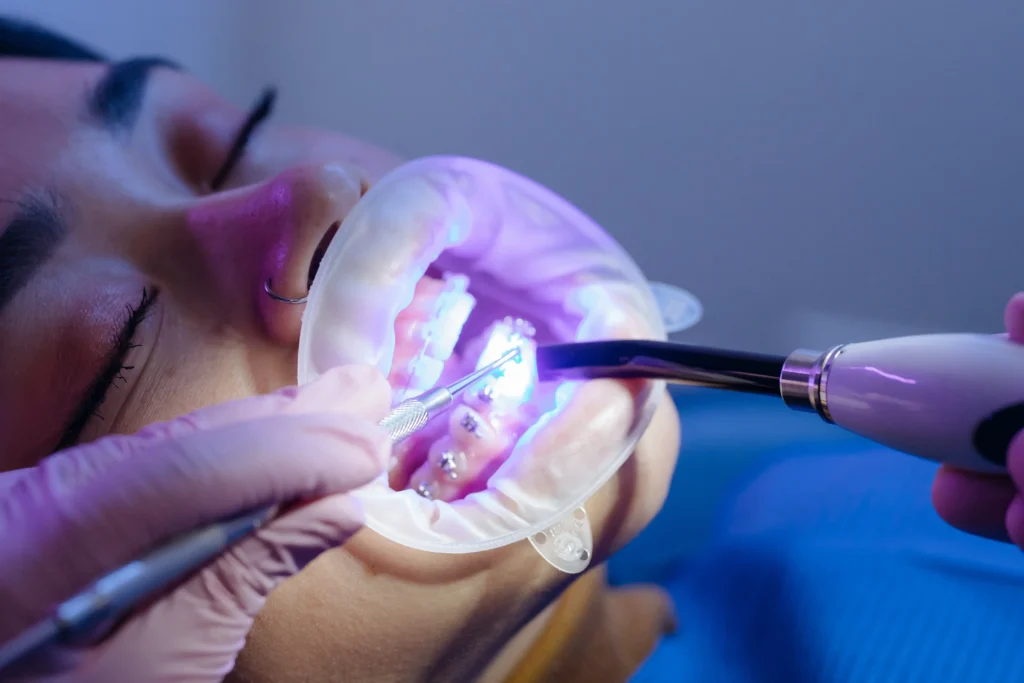
To allow space for orthodontic treatment, tiny elastic or metal rings known as spacers or separators are placed between teeth. They are designed to gently pry teeth apart so that orthodontic bands can be placed later. Before the bands are put, spacers are often left in place for a short time, usually a week or two. While spacers function as intended, there are a few things to take into account when eating certain foods.
Marshmallows’ Effect on Spacers
It’s necessary to use caution when eating marshmallows with spacers. The soft, spongy texture of marshmallows may lead you to believe that they are suitable for eating with spacers. However, spacers may be at risk because to marshmallows’ stickiness. Marshmallows’ stickiness may cause the spacers to become loose or dislodged, which would compromise their capacity to adequately widen the gap between teeth. This may require additional appointments to correct or replace the spacers, or it may cause the orthodontic treatment to be postponed.
While spacers are in place, it is best to refrain from eating marshmallows to protect the success of your orthodontic treatment. But if you can’t help giving in to the temptation of these fluffy treats, consider these safety precautions:
- Reduce the possibility that marshmallows will adhere to the spacers or knock them out of place by cutting marshmallows into smaller, more manageable pieces.
- Practice proper oral hygieneWhether you enjoy marshmallows or not, it’s important to practice proper mouth hygiene when receiving orthodontic treatment. With routine brushing and flossing, any potential problems brought on by food particles becoming lodged can be prevented, especially in the area surrounding the spacers.
- Don’t forget to consult your orthodontist for specific guidelines on dietary restrictions and spacer upkeep. They will give you tailored guidance based on your particular orthodontic issue and work to make sure your treatment is successful.
Can You Eat Mini Marshmallows with Braces?
It’s critical to think about the risks and restrictions associated with eating micro marshmallows when wearing braces. Mini marshmallows, despite their diminutive size and delicate texture, might cause issues for persons undergoing orthodontic treatment. Marshmallows’ stickiness and sugar content both have the potential to negatively impair oral hygiene.
Understanding the Braces and Marshmallow Conundrum
Braces often come with a list of dietary restrictions to ensure the treatment progresses smoothly and effectively. When it comes to mini marshmallows, the question arises: Can they be used without endangering braces’ integrity? Let’s investigate this puzzle in more detail.
Evaluation of Mini Marshmallows’ Potential Risks for Braces
Little marshmallows could look like a safe treat for persons with braces because of their small size and soft texture. However, it’s critical to consider any issues they might raise. Even though small marshmallows are frequently softer and simpler to chew than regular-sized marshmallows, people wearing braces may still find them difficult to consume.
One risk is how sticky they are. Particularly marshmallows have a tendency to stick to the brackets and wires of orthodontic gear. This could make it harder to practice good dental hygiene, and plaque buildup, which can lead to gum disease and tooth damage, might even get worse.
Another problem is the mini marshmallows’ high sugar content. Too much sugar consumption can damage tooth health and lead to cavities. People with braces must consume a balanced diet and stay away from sweets like micro marshmallows.
Mini Marshmallow Risk Reduction and Responsible Consumption
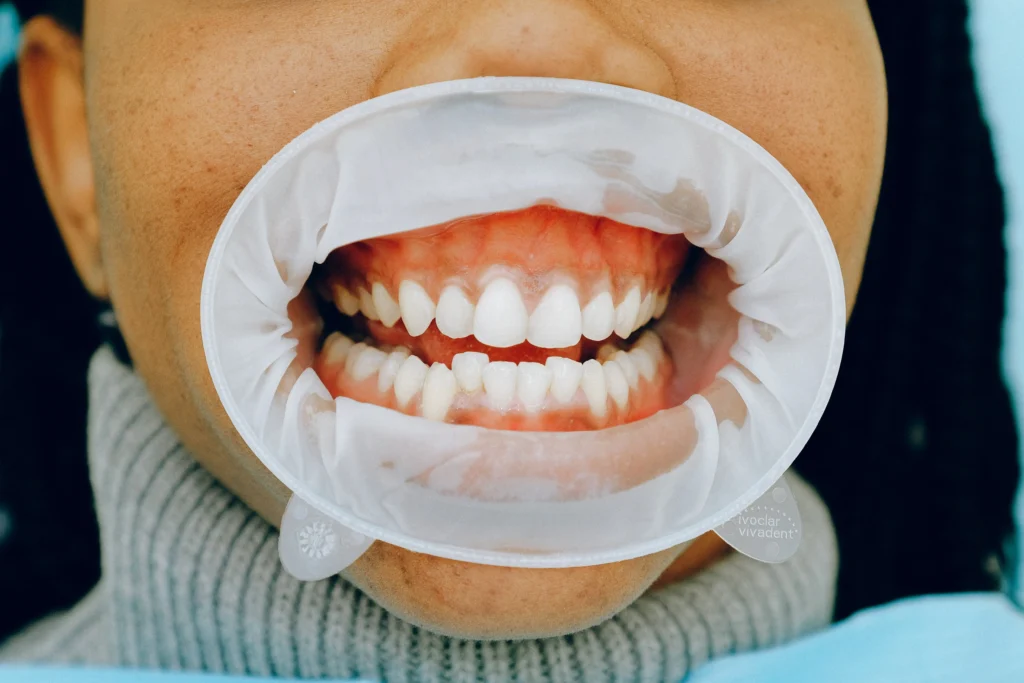
Mini marshmallows with braces should be consumed with caution, however they are not always required to be avoided. Here are some recommendations on how to reduce the dangers and enjoy micro marshmallows sensibly:
- Eat in moderation: You should eat as few tiny marshmallows as you can, and only on rare occasions rather than constantly.
- Cut them into smaller pieces: You may ease the strain on your braces and make them easier to manage by breaking mini marshmallows into even smaller, bite-sized pieces.
- Practice good oral hygiene: After indulging in mini marshmallows, carefully brush your teeth and clean the area around your braces to maintain good oral hygiene and get rid of any leftover residue.
- Consider alternatives: Consider substitute soft fruits, yogurt, or desserts made with gelatin if you’re worried about the hazards or want to look into healthier options.
For individualized guidance specific to your orthodontic treatment plan, speak with your orthodontist. They can offer advice on dietary restrictions, such as not eating small marshmallows, to help you wear braces successfully and keep your teeth healthy.
What Can You Not Eat with Braces?
When wearing braces, it’s important to be mindful of what you eat to avoid damaging the brackets and wires. Hard and sticky foods should be avoided, as they can cause brackets to break or wires to bend. Steer clear of popcorn, nuts, chewy candies, and gum. Additionally, hard fruits and vegetables should be cut into small, bite-sized pieces. It’s best to opt for soft foods like yogurt, mashed potatoes, and cooked pasta. Remember, following these dietary restrictions will help keep your braces intact and ensure a smooth orthodontic journey.
Understanding the Importance of Dietary Restrictions
When wearing braces, adhering to dietary restrictions is crucial for the effectiveness of your orthodontic treatment. Certain foods can endanger braces by damaging them or slowing down the process of aligning teeth. You can safeguard your braces, avoid discomfort, and assure a pain-free trip to a stunning smile by being aware of what foods to avoid.
Foods to Avoid with Braces
Avoid meals like fruit snacks, sticky candies like caramel, taffy, and gummy bears, as well as other chewy or sticky foods. These can quickly become lodged in your braces, causing irritation and sometimes even danger.
- Hard Foods: Steer clear of hard and crunchy items like popcorn, nuts, hard candies, ice cubes, and pretzels. These could put too much pressure on your braces, breaking or loosing brackets or wires.
- Tough Meats: To ease the strain on your braces, cut tough meats into more manageable bite-sized portions. Steaks, jerky, and meat on the bone shouldn’t be bit into directly because doing so will strain your orthodontic appliances.
- Sticky or Crunchy Fruits and Vegetables: A healthy diet must include fruits and vegetables, although some should be eaten with caution. Do not consume whole apples, carrots, or cobs of corn. Choose softer types or break them into manageable chunks as an alternative.
- Carbonated and Sugary Drinks: Sugary drinks and carbonated beverages like sodas might raise your risk of tooth decay and enamel damage. The greatest alternatives for braces are water, unsweetened tea, or milk.
Tips for Braces-Friendly Eating
Cut food into smaller pieces: Reduce the risk of damaging your braces by cutting food items into bite-sized portions.
- Opt for softer alternatives: Choose soft fruits, cooked vegetables, tender meats, and alternatives like smoothies or soups.
- Be mindful of texture: Pay attention to the texture of foods and avoid those that are excessively crunchy, sticky, or hard.
- Practice good oral hygiene: Brush your teeth after every meal and snack to remove any food that may have become lodged in your braces.
You can safeguard your braces and preserve a healthy oral environment throughout your orthodontic journey by adhering to these recommendations and paying attention to what you eat. Don’t forget to speak with your orthodontist if you want customized dietary advice based on your unique treatment strategy.
Conclusion
It’s crucial to consider the limitations of orthodontic treatment, dispel popular myths, and approach the topic with moderation and understanding when considering whether you can eat marshmallows while wearing braces. Marshmallows can damage braces due to their stickiness and sugar content, but if you abide by the rules and seek professional assistance, you can enjoy marshmallows responsibly. By emphasizing oral health and adopting choices that are braces-friendly, you may still indulge in your favorite sweets without risking your orthodontic progress. Keep in mind that wearing braces is a temporary journey towards a beautiful smile.

